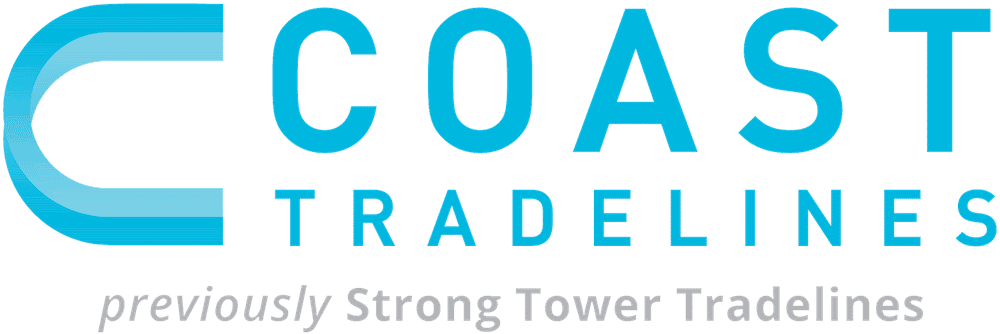If you have a long and well-established credit history, credit inquiries might not matter much to you. For people with new credit or who only recently built decent to excellent credit, it can sometimes take just one injury for scores to dip by up to 30 points. This can be discouraging when building or repairing credit, which can make bumped credit inquiries seem attractive.
What Are Bumped or Chopped Credit Inquiries?
Credit bureaus allegedly allocate only so much space to credit reports and no more. In fact, this is one of the theories for why reports become fragmented. Some people hope to take advantage of this limited space by adding as much new information as possible to the credit report. This will lead to chopped credit inquiries, which involve soft credit pulls falling off the report. Bumpage finally happens when the hard credit pulls follow next.
From a theoretical standpoint, it might seem to make sense. However, financial experts have long disputed that this ever even occurs. Credit bureaus use complex formulas to prioritize important information. Hard inquiries are unlikely to become so unimportant to any bureau that it simply falls off the report by adding other trivial information.
Even if this method did work, credit inquiries only make up 10% of the overall score. Pursuing something that might not even work, while neglecting 90% of the score, doesn’t seem worthwhile.
What Affects the Remaining 90% of the Credit Score?
Even though bumping credit inquiries might not work, there are effective tools you can use instead. It all starts with understanding all the different components that make up your final credit score.
Payment History
According to Experian, one of the major credit bureaus, 35% of your credit score depends on your payment history. This is the most important contributing factor, so just one missed or late payment could cause your credit score to plummet. The good news is that delinquencies last for seven to 10 years before the credit bureaus voluntarily “bump” them off the credit report.
Credit Usage
Another big determining factor is how much of your available credit is tied up each month. This accounts for 30% of your overall score. Ironically, the less of your credit you use, the more favorable it looks on your credit report. Most finance gurus advocate for using 10% or less. Some people advocate for a more achievable credit utilization of 30%.
Credit Length
How long have you had your first credit account? This accounts for 15% of your credit score. The interesting thing is that it is often possible to lengthen your credit history with tradelines or by being added to a family member’s old credit card account. Needless to say, the older your credit account, the better.
Credit Mix
There are two main types of accounts: installment loans and revolving credit. Installment loans include car notes, mortgages, and student loans. Revolving credit includes credit cards and personal lines of credit. Note that, sometimes, credit card companies provide installment payments, but it will still appear as revolving credit on your history. This accounts for 10%.
New Credit Lines
This is the remaining 10% that bumped credit inquiries attempt to tackle. It’s worth noting that while the method is questionable, there are some good reasons for wanting to get rid of credit inquiries. Too many recent inquiries and too many recent lines will cause creditors to believe your cash resources are running thin. This could make you a risky borrower.
What Can People Do To Improve the Other 90% of Their Credit Scores?
The good news is there are acceptable ways to manage your credit that will cause your score to climb. Some recommendations were already provided, but here are some additional ones to keep in mind.
Automate Payments
Never want to forget to make another payment? Automate them. It’s as easy as setting it and forgetting it. Just be sure to check back for the first month you set up each one to ensure the payments go through.
Budget Cash
How well you manage your cash resources will affect how well you manage your credit. Always ensure you have at least enough money in your accounts to handle cash purchases. Some bills cannot be paid with credit.
Pay Off Revolving Debt
Get into the habit of paying off your credit card bills in full every month. There might be a few months where you aren’t able to do this, but getting into the habit ensures you never take on more debt than you can manage.
Get Authorized
Do you have a family member with excellent credit and a decades-old account? Ask them if you can be added to the account, even if they never give you the card. If you don’t have someone like this to turn to or the person refuses, consider tradelines. At Coast Tradelines, we help people get their credit history back on track by adding new accounts in good standing. Check out our tradeline bundles to save money, time, and energy.



